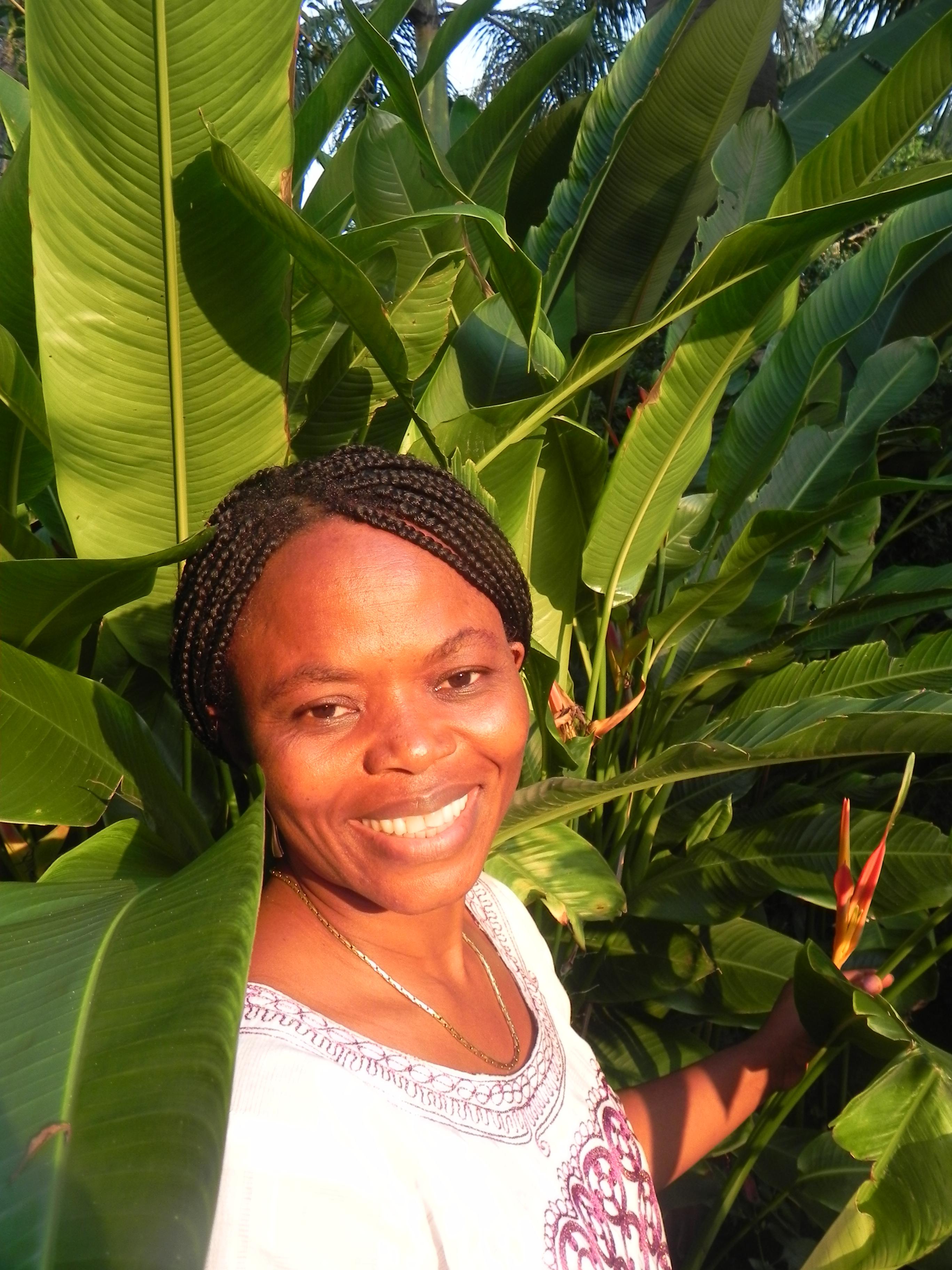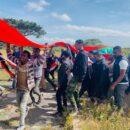Sudan: Avoiding Political Violence Through 2011?
Sudan’s upcoming seminal events – the 2010 elections and 2011 referendum – will alter the course of Sudanese history. How they happen, if they don’t happen, or don’t happen on schedule, the impact may be equally consequential. There is a high potential for political violence associated with these events. Few Sudan watchers would disagree on these points. But on how these and other events will affect Sudan’s trajectory there is substantial disagreement.
In an effort to look at several possible paths Sudan may follow, and to provoke further discussion about Sudan’s medium- and long-term future, the United States Institute of Peace (an independent, nonpartisan, national institution established and funded by the US Congress) gathered a group of Sudan watchers to go through a structured scenario development exercise to identify the obstacles to and opportunities for preventing north-south political violence in Sudan through the end of 2011. The effort resulted in this report. The report describes three potential storylines for Sudan, none of them especially auspicious. It also suggests actions and policies for steering away from negative outcomes and towards positive results. Of the various caveats associated with this effort, three are especially important: in no way are the three scenarios described the only scenarios participants thought possible, as there are clearly a myriad of directions the country could go; Darfur was factored into the discussion only as it affects Sudan’s north-south dynamic; and financial constraints limited participation to people based in the US. Clearly the lack of inclusion of Sudanese is a shortcoming. It should also be noted that a report on a somewhat similar scenario development exercise was recently published and there are notable parallels between the two.
The titles given to the three scenarios developed – Costly Secession; Civil War, from Tinderbox to Conflagration; and Muddling Through – give a sense of the stories that follow. However, the steps that preceded development of these storylines could be as enlightening as the scenarios themselves. Participants identified key assumptions about Sudan, indicated their confidence that each assumption was valid and the relative importance of each assumption. They then identified highly uncertain forces and factors and evaluated their relative importance. By arranging these assumptions, forces and factors into thematic groups, the facilitator consolidated them into four primary drivers of change in the north-south dynamic (presented in no particular order):
“¢ the governance capacity of the south
“¢ the north’s cooperation in the referendum process before and after the referendum (including military, political, and administrative responses to events and other parties)
“¢ the availability and allocation of basic resources at the grassroots (a peace dividend supplemented by international aid)
“¢ the extent to which key issues (e.g., oil, census, border demarcation) are resolved before or immediately after the referendum
Select combinations of these four drivers were analyzed to develop the three storylines included in the report. One storyline describes how a combination of factors, including the Government of Southern Sudan’s weaknesses and instability in the south, could lead to an independent south sliding towards state failure. Another scenario describes how the inability to resolve key issues between the north and south and continued mistrust could lead to a resumption of civil war. A third scenario describes how, with robust international engagement, increased trust between north and south and the resolution of key issues (such as the census, referendum legislation and post-referendum arrangements), political violence can be minimized. The report makes no predictions about the likelihood of any of these scenarios.
In reality there are an almost infinite number of factors affecting Sudan’s future, but policy-makers must focus their efforts and scarce resources in a limited number of directions in order to achieve their goals. For policy-makers seeking to prevent north-south political violence in Sudan, especially violence associated with the referendum, the four drivers above suggest near-term priorities to pursue.
It is easy, especially for the overburdened policy-maker, to be overwhelmed by Sudan’s complexities and the seemingly endless supply of contentious issues. Perhaps it is the strategy of some to make the issues seem so complex that those who don’t understand or grow frustrated turn away. Nuance and intricacies are vital, but they shouldn’t unnecessarily muddy the waters. The report described here suggests that there will be four primary drivers of change in Sudan’s north-south dynamic in the coming years, and that the direction of these drivers will determine the storyline the country follows. Surely some people will disagree with these drivers, meriting further debate.
Of course, none of the issues associated with these four drivers are easily resolved. The governance capacity of the south is closely linked with the availability and allocation of basic resources at the grassroots. Donors have devoted substantial sums to building the capacity of the Government of Southern Sudan and its ability to decentralize and deliver services (topics discussed in another recent USIP report), with mixed results. Based on its recent public positions concerning referendum legislation, the north doesn’t seem to be in an especially cooperative mood concerning the referendum. Key issues such as revenue sharing and border demarcation remain contentious, with the recent Global Witness report on oil revenue sharing likely to have significant repercussions.
But the good news is that none of the four drivers is beyond the control of Sudanese themselves, and each can be influenced by the international community. Governance capacity can improve – there are already indications of improved financial management in Juba (despite the widespread reports of corruption). Improved governance and meaningful decentralization, combined with more effective international assistance, can increase the peace dividend at the grassroots. The peaceful (though possibly short-term) resolution of the Abyei dispute shows that reasonable solutions to key issues can be found. Northern cooperation in the referendum process is unpredictable and vulnerable to the shifting sands in Khartoum, but the right combination of pressures and incentives from the international community may be especially effective here.
Jon Temin is a Program Officer at the United States Institute of Peace.







Thank you Jon for this useful analysis. The USIP report is a wonderful contribution to this ongoing debate!
– Neetha Tangirala (NED)